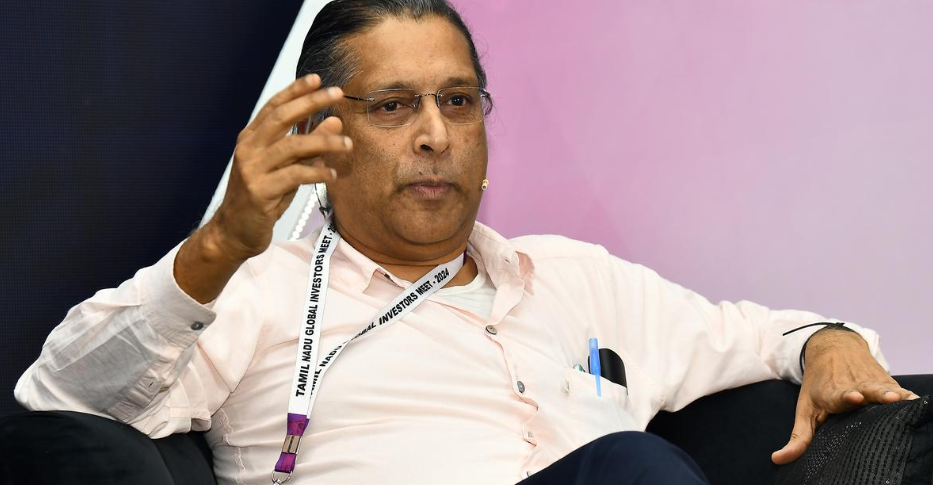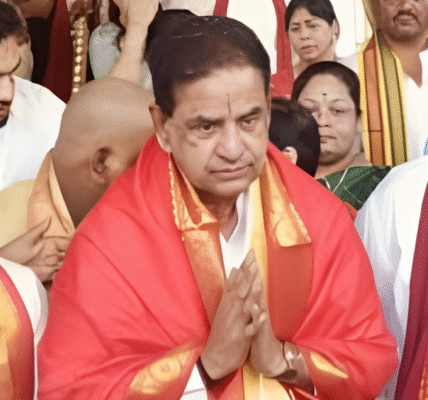Former Chief Economic Advisor Critiques GST Performance and Structure
Revenues from the seven-year-old Goods and Services Tax (GST) have not met expectations, only now reaching pre-GST levels, according to former Chief Economic Advisor Arvind Subramanian. On Thursday, he described the goal of a “Good and Simple Tax” as still out of reach, attributing challenges to the lack of critical data such as refunds.

Subramanian blamed the poor revenue performance on a “rate-cutting spree” by the GST Council between late 2017 and 2019, asserting that both the Centre and the States were complicit. “The focus was on collections, because refunds were not published and we were looking at the wrong number. Had the refunds data been published, we would have been much more careful about rate cuts,” he remarked.
He noted that while the government began releasing net GST collection numbers in February, it has since ceased publishing them. “Because we are not getting refunds data, we are under the impression that revenues are doing very well,” Subramanian said at a seminar on seven years of GST hosted by the Centre for Social and Economic Progress.
Criticizing the multiple cess rates and the GST rate structure as ‘monstrous,’ Subramanian advocated for simplifying the GST rates as much as possible. “You should just have one cess rate, one standard rate, and one low rate,” he emphasized.
Pointing to the frequent changes made to the GST regime whenever the GST Council meets, the former CEA said this practice was counterproductive to achieving simplicity and rationalization. In 2015, he had recommended a GST regime with three rates—one rate for essential goods, a standard 18% rate, and a 40% levy for demerit goods.
Subramanian also revised his stance on including items like electricity, petroleum, and alcohol in the GST net, a position he and other economists had long advocated. “I now believe that would be a bad idea… especially in the current context of the acrimonious relations between the Centre and the States. I don’t think it’s politically advisable to expect or ask the States to give up more sovereignty. They have compromised [for GST’s launch before 2017] but other conditions have changed too much for the compromise to be relevant again,” he said.


































